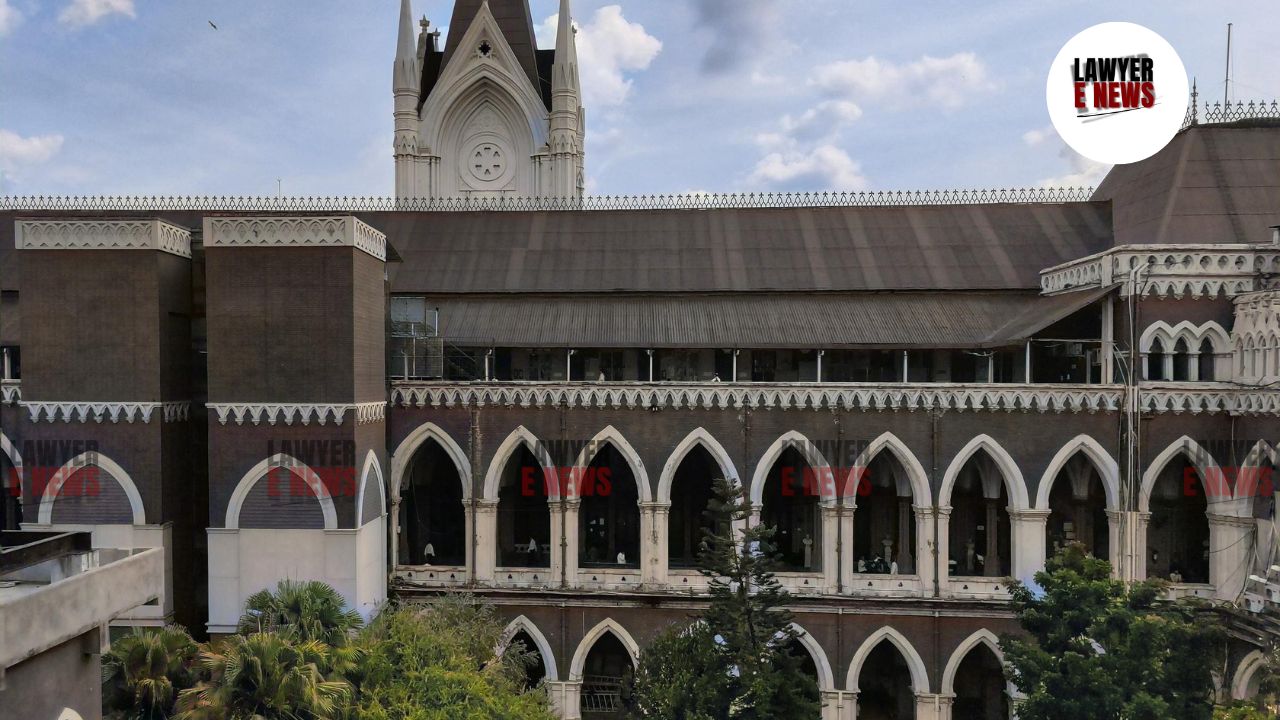-
by Admin
15 February 2026 5:35 AM



High Court upholds CESTAT’s decision, allowing flexibility in considering delayed enquiry reports - The High Court of Calcutta has ruled that the timelines stipulated under Regulation 20(5) of the Customs Brokers Licensing Regulations, 2013, are directory rather than mandatory. The judgment, delivered by Justice Debangsu Basak, upheld the decision of the Customs, Excise and Service Tax Appellate Tribunal (CESTAT) to partially accept an enquiry report despite its delayed submission, emphasizing that adjudicating authorities have the discretion to evaluate such reports on their merits.
The case involved M/s Shipping & Clearing Agents Pvt. Ltd., a Customs Broker, who had filed a bill of export on January 2, 2014, for the clearance of subsidized contraceptives intended solely for domestic sale. The Customs authorities found the broker to be aiding illegal exportation of these contraceptives, leading to the suspension and eventual revocation of their Customs House Agent (CHA) license under the Customs Brokers Licensing Regulations, 2013. The Customs authorities’ actions were based on an offence report received on May 15, 2015. The broker’s license was suspended on June 19, 2015, followed by a Show Cause Notice on July 31, 2015. Despite legal challenges and writ petitions by the broker, the Principal Commissioner of Customs revoked the license and forfeited the security deposit on August 16, 2016. This decision was partially overturned by the CESTAT, which set aside the license revocation but upheld the forfeiture of the security deposit.
The High Court’s decision focused on the interpretation of Regulation 20(5), which mandates the completion of an enquiry report within 90 days. Justice Basak noted, “The timeline for the enquiry report is directory, allowing for discretion in considering the report.” This interpretation is in line with previous rulings from various High Courts, including those in Bombay and Telangana, which have also deemed the timelines as directory, ensuring a flexible approach in administrative proceedings.
The judgment referenced conflicting decisions from different High Courts. The Madras and Delhi High Courts had ruled the timelines as mandatory, while the Bombay, Telangana, and Calcutta High Courts, including in the present case, interpreted them as directory. Justice Basak emphasized that this interpretation allows adjudicating authorities to exercise discretion based on the merits of each case.
The court held that the Tribunal’s decision to partially accept the enquiry report, despite its delayed submission, was within its discretion. “The Tribunal is vested with the discretion to attach such weightage to the enquiry report as deemed appropriate after consideration on merits,” Justice Basak stated. This reinforces the view that administrative efficiency should not override substantive justice.
Justice Basak remarked, “In the facts of the present case, the Tribunal was correct in attaching such weightage to the enquiry report as deemed appropriate,” thereby affirming the Tribunal’s partial acceptance of the enquiry report and the decision to uphold the forfeiture of the security deposit.
The High Court’s ruling provides significant clarity on the interpretation of timelines under the Customs Brokers Licensing Regulations, 2013. By affirming the directory nature of these timelines, the judgment ensures a balanced approach that respects procedural requirements without compromising the substantive merits of each case. This decision is expected to influence future administrative and judicial proceedings, reinforcing the principle that procedural delays should not automatically invalidate substantive findings.
Date of Decision: June 13, 2024
The Commissioner of Customs (Airport & Admn.) vs. M/s Shipping & Clearing Agents Pvt. Ltd.
